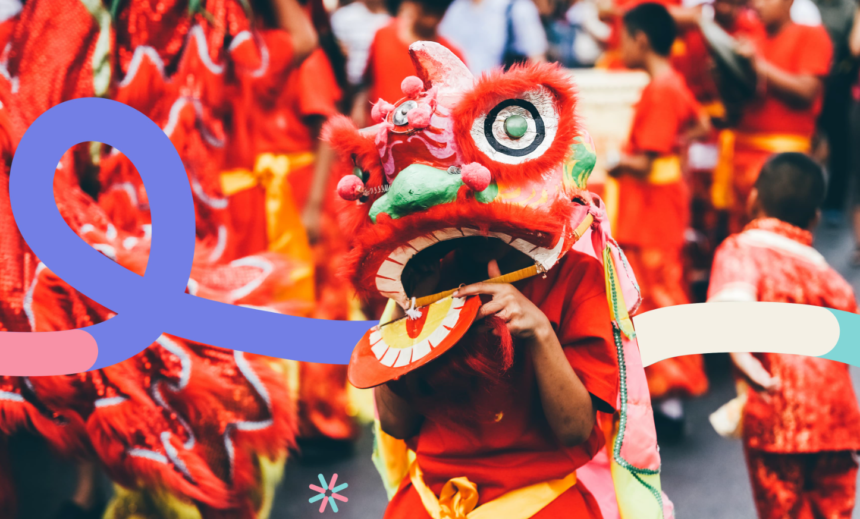Setting foot in China means diving into a sea of customs and traditions. For international visitors, understanding Chinese social norms is like decoding a new language—one that speaks volumes about respect and cultural savvy. Let’s explore navigating these norms with ease.
Business Etiquette
By embracing the nuances of Chinese etiquette, you can make a lasting impression. Start by being punctual: it isn’t just about clock-watching; it’s about respecting others’ time and setting the tone for productive discussions. Dressing the part is also important to signaling your commitment to the task.
In meetings, approach with an open mind and ears tuned to listen. Hold back on interjections and let conversations flow naturally. When it’s your moment to shine, keep it clear and concise to ensure everyone stays on track. Remember not to underestimate the power of a business card; exchanging them with a respectful nod and a smile can lay the groundwork for meaningful connections.
Before you delve into business endeavors in China, it’s essential to ensure you have the necessary paperwork in place, including a valid Chinese visa. Obtaining the right visa type for your visit—whether it’s for business, tourism, or employment—is crucial for a smooth entry into the country.
Be sure to check the specific requirements and application procedures well in advance to avoid any last-minute hiccups. Requirements vary by visa type, but in general, you will need your passport, visa application photos, and documents that show your trip purpose. By attending to these logistical details beforehand, you can focus your energy on making meaningful connections and navigating the cultural landscape with ease.
Respect for Elders and Hierarchy
In Chinese culture, honoring elders and recognizing hierarchy is deeply ingrained. When interacting with older individuals or those in positions of authority, such as bosses or government officials, it’s essential to convey deference and respect. Address them using appropriate titles, such as “Mr.” or “Ms.” followed by their surname, or using specific titles like “Lao” (老) for elders or “Xian” (先) for respected seniors.
Additionally, bowing slightly or offering a respectful nod as a greeting is appreciated. Listening attentively, refraining from interrupting, and seeking guidance when needed are practical ways to demonstrate respect for elders and hierarchy in Chinese society.
Dining Etiquette
When dining with others, wait for the host or the most senior person to begin eating before you do. This simple gesture shows respect and acknowledges their role in guiding the meal. Embrace the art of using chopsticks gracefully, and avoid sticking them upright in your food, as it’s considered impolite and reminiscent of incense offerings at funerals.
Lastly, when finished eating, place your chopsticks neatly on the chopstick rest or across the top of your bowl to signify that you’ve completed your meal.
When it comes to tipping, it’s not the norm in China, so there’s no need to fuss over it. If you’re the host, footing the bill is a gesture of hospitality. But if someone else insists on picking up the tab, gracefully accept or offer to split it.
Gift-Giving
In Chinese culture, the exchange of gifts isn’t merely a formality—it’s a heartfelt gesture symbolizing goodwill and respect. When presenting a gift, choose thoughtfully, aiming for something of quality that reflects your appreciation for the recipient. Remember, it’s not about the price tag but the sentiment behind the gesture.
Before accepting a gift, it’s customary to politely decline it at least once, demonstrating humility and respect. However, be prepared to accept graciously when it’s offered again—it’s all part of the dance of politeness.
When selecting gifts, steer clear of items associated with bad luck, such as clocks or sets of four, and opt instead for tokens of appreciation like fine tea or small souvenirs from your homeland.
By approaching gift-giving with sincerity and cultural sensitivity, you’re not just exchanging trinkets—you’re building bonds of camaraderie and mutual respect that transcend language barriers.
Personal Space
Just like anywhere else, invading someone’s personal space can make them feel uneasy or uncomfortable. Think of it like giving someone their breathing room—being mindful of their boundaries shows that you respect their comfort.
Pay attention to nonverbal cues, like subtle shifts or gestures, that indicate whether someone is open to closer proximity or prefers a bit of distance. Respecting personal space not only demonstrates thoughtfulness but also lays the groundwork for smoother and more respectful interactions in your new environment.
In Chinese society, weaving relationships—known as guanxi—is an art form. By immersing yourself in Chinese social norms and etiquette, you not only decode the intricacies of the culture but also build bridges of understanding and respect. Embrace the journey with an open heart, and consider learning basic Mandarin as a gesture of goodwill—it’s the key to unlocking deeper connections and enriching your experience in this vibrant land.














